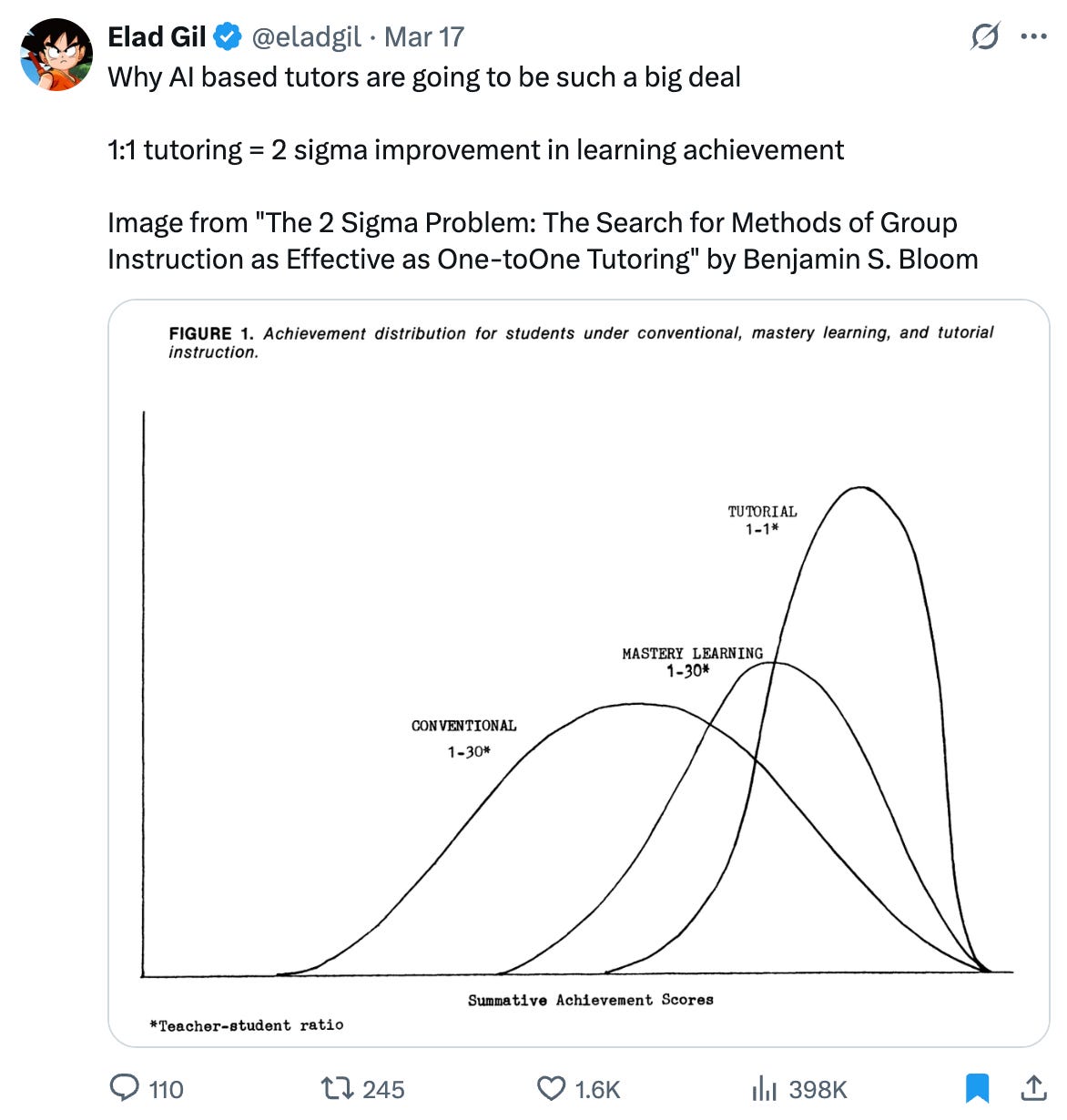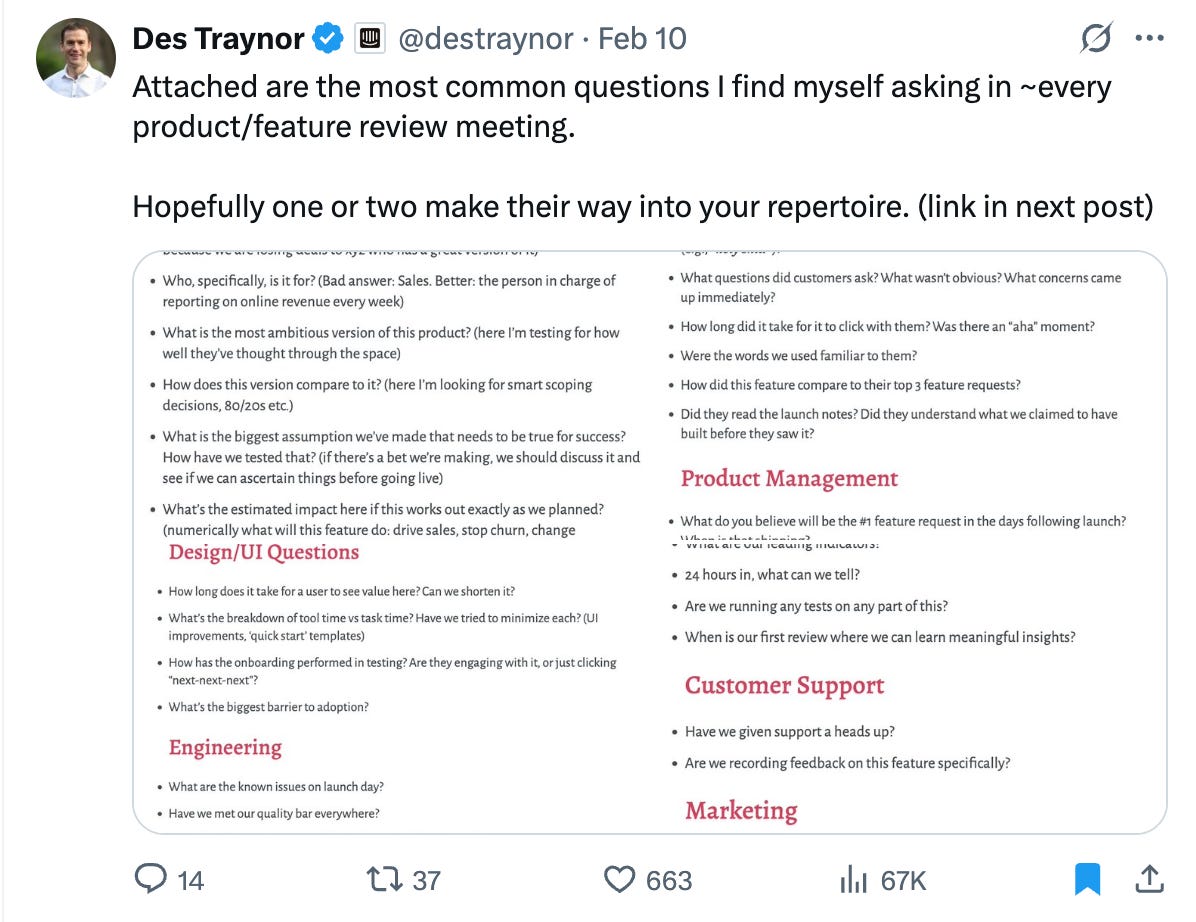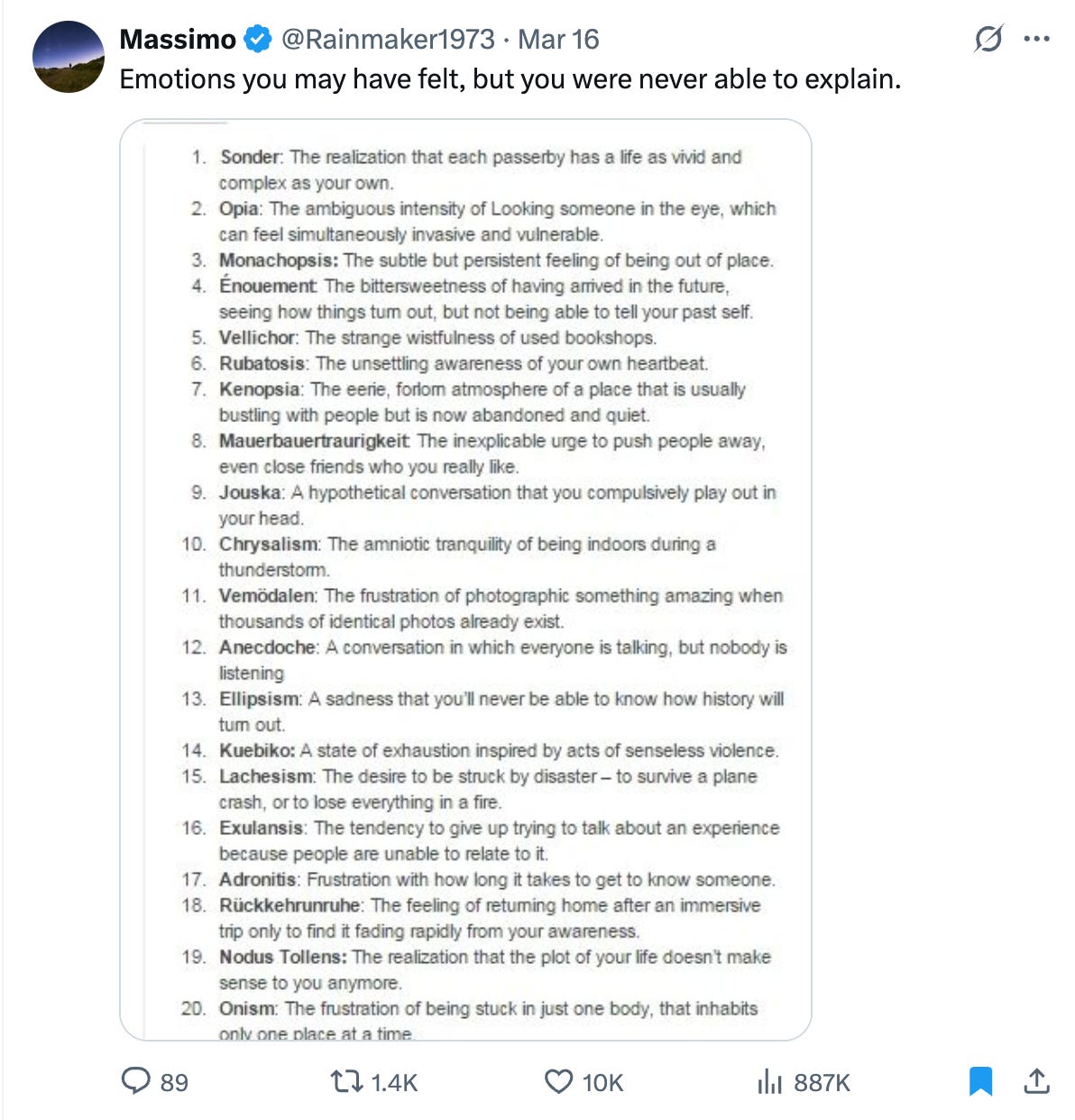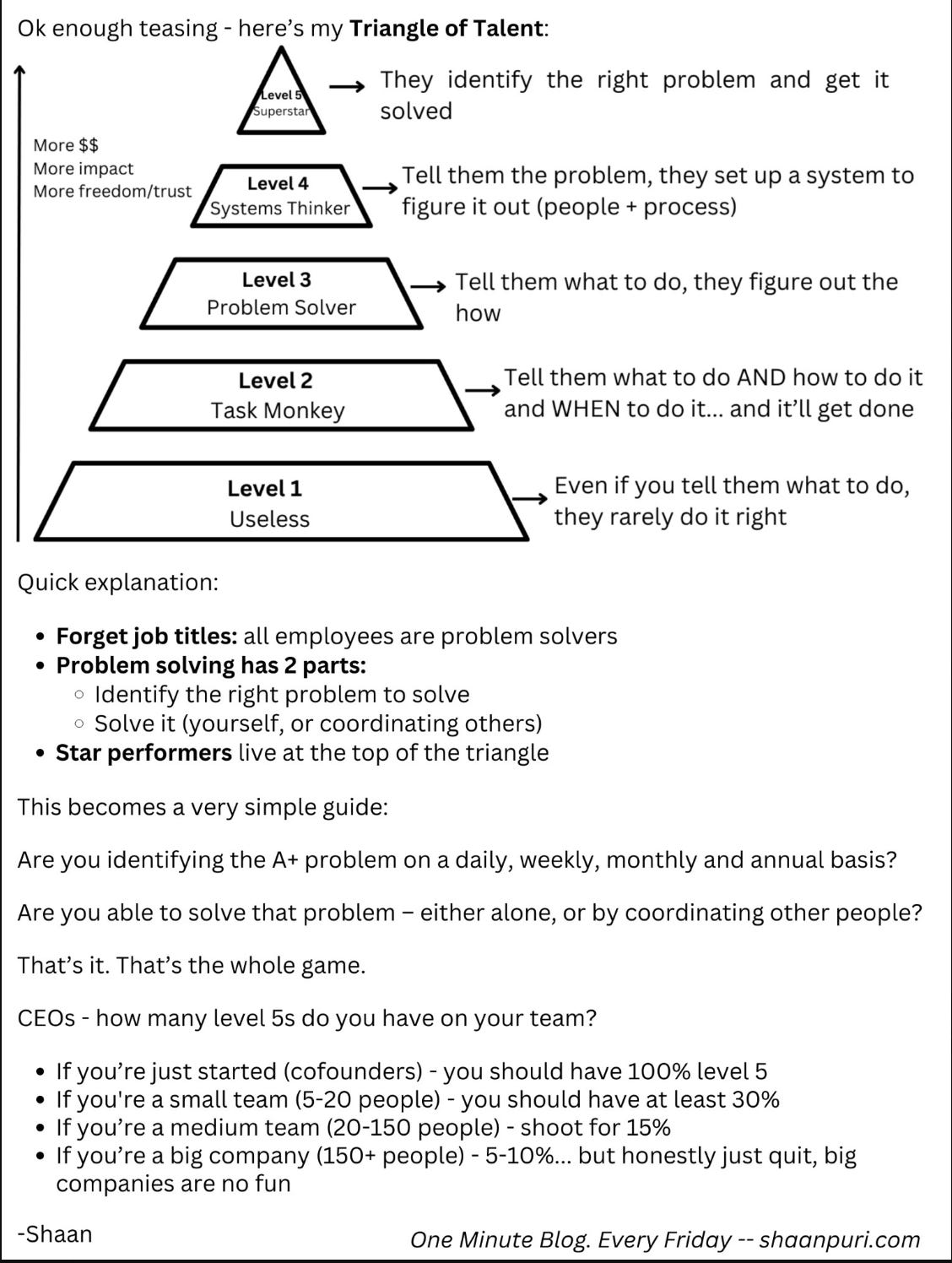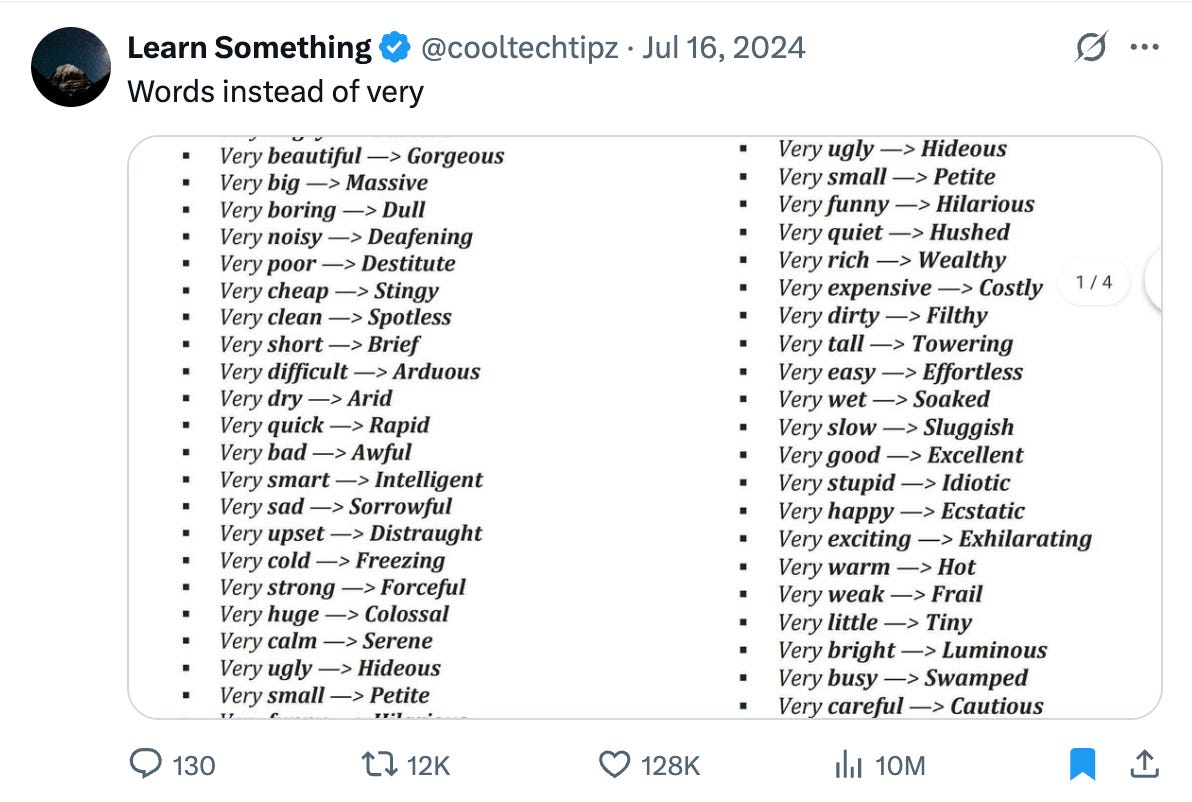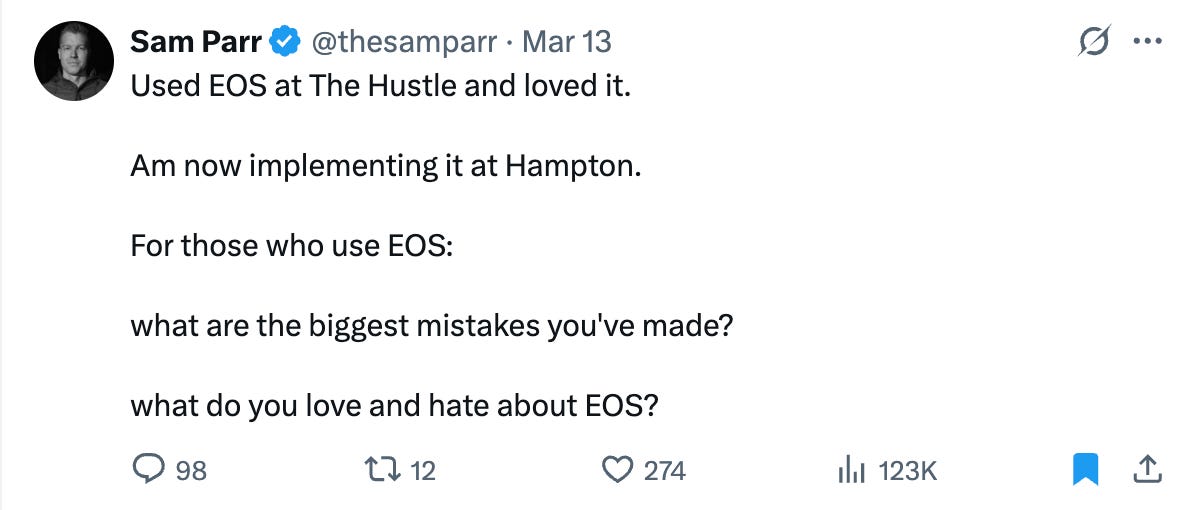Uncovering Bookmarks
digging through the archive
a concise description of how to do early stage investing:
“While teams comprised of exceptional people that iterate quickly do not necessarily guarantee success, an investor looking for the best way to “de-risk” an early stage investment may consider the degree to which the founder has a valuable “secret” (information asymmetry they’re choosing to act upon) and then also the degree to which they can build an organization that iterates rapidly and can attract the best and brightest people. This would suggest then, that almost by definition, outlier companies (in terms of their returns) are built upon outlier cultures. And so, outlier founders are ones who consistently allocate resources in such a way that their company is able to compound its unique advantage in a way that proves their hypothesis (that their unique information + their ability can deliver above market returns over a long time horizon, the bet they made when they started their company.)’
Improving education is the reason I chose to work in technology in the first place, so I’m very excited about the potential for AI to materially impact educational outcomes:
gorgeous:
question prompts:
word of the day:
the triangle of talent from Shaan Puri:
live without “very”:
I see a lot written about EOS in real-world businesses but don’t know many startup founders using it. What’s the most effective operating model for an early-stage startup?


